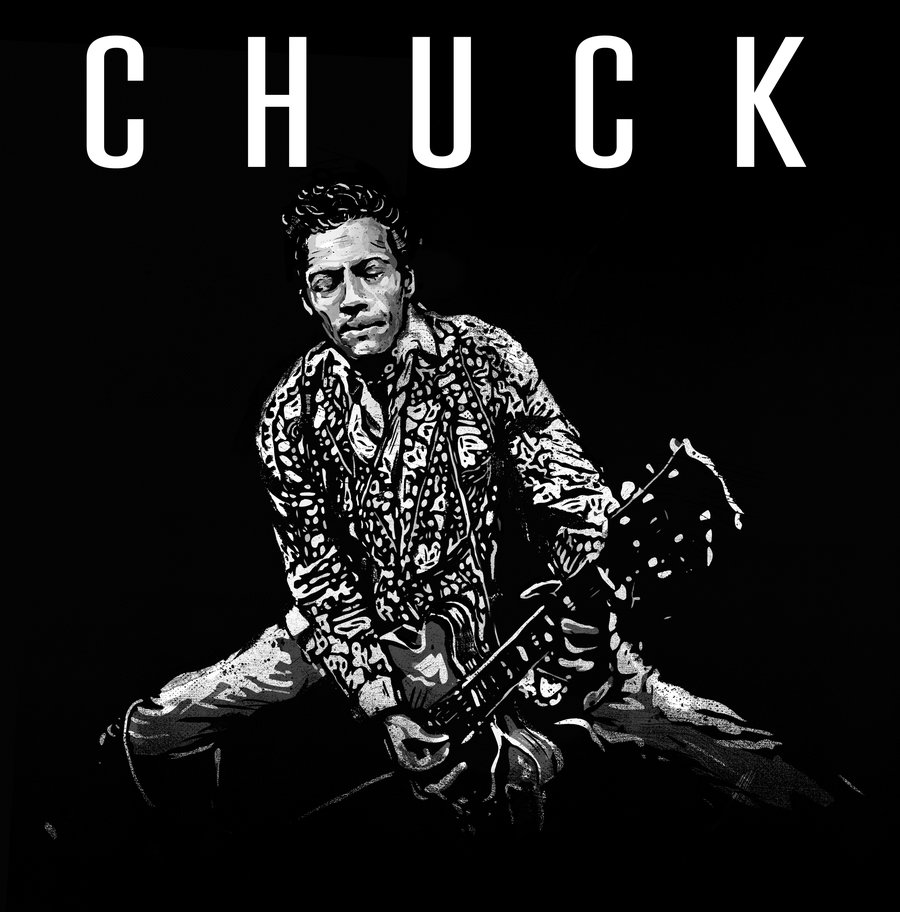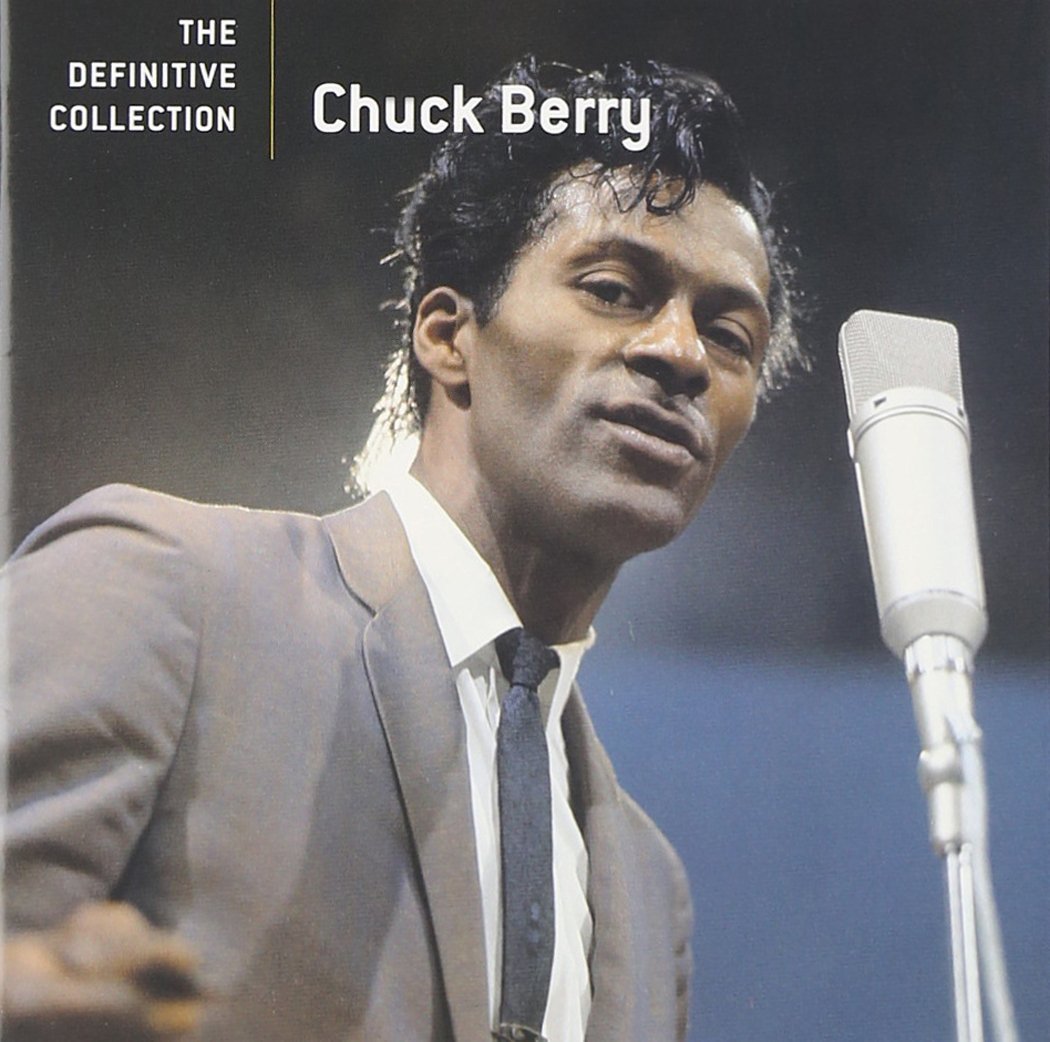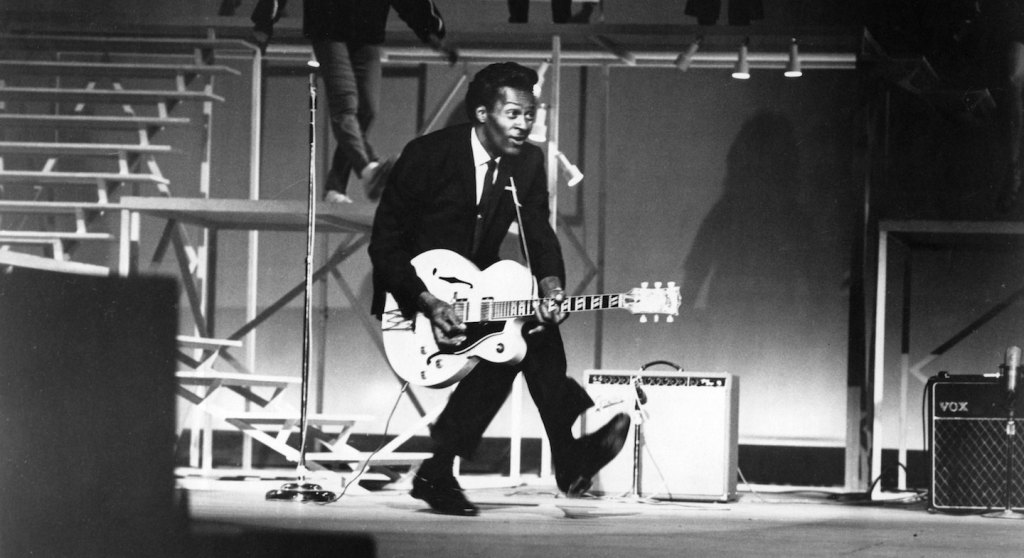The self-proclaimed “Dean of American Rock Critics,” Robert Christgau was one of the pioneers of music criticism as we know it. He was the music editor at the Village Voice for almost four decades where he created the trusted annual Pazz & Jop Poll. He was one of the first mainstream critics to write about hip-hop and the only one to review Simon & Garfunkel’s Bridge Over Troubled Water with one word: “Melodic.” On top of his columns, he has published six books, including his 2015 autobiography, Going Into the City . He currently teaches at New York University. Every week, we publish Expert Witness, his long-running critical column. To read more about his career, read his welcome post; for four decades of critical reviews, check out his regularly updated website.

Chuck Berry: Chuck (Dualtone) In the first 89 years of his life, Chuck Berry recorded two full-length albums worthy of the name, neither currently available for under a C-note although one is set for reissue: 1964’s St. Louis to Liverpool, three comeback classics plus seven keepers that include the atypically companionable “You Two” and the atypically familial “Little Marie” as well as two atypically engaging instrumentals. The other is the 1979 groove album Rockit, sharpened by two back-end songs skewering the racist society he’d striven so audaciously to integrate and enlighten. That was his last record for 38 years, when he generated this de facto farewell, which stands as both a summation he put his all into and a little something he might have followed up if he hadn’t up and died at 90. Mischievous and horny and locked in, he plays undiminished guitar as a few subtle guest shots add texture. His timbre has deepened—on the recitative “Dutchman,” he’s a relaxed near-bass. But he’s hale vocally and acute verbally on eight well-crafted new ones and two savvy covers that indicate he’s learned a few things—the warm songs to the long-suffering wife he married in 1948 and the progeny who chime in like they’ve earned it have the kind of detail he always reserved for his fictions, musical and otherwise. I’ve never stopped loving Chuck Berry as an artist, but it’s been a while since I thought the old reprobate was anything but a fucked up human being. This miracle gives me second thoughts. A MINUS
Videos by VICE

Chuck Berry: The Definitive Collection (Geffen/Chess) I hope a few young folks out there are aware that the inventor of rock and roll made his bones with six genre- and generation-defining ’50s hits: “Maybellene,” “Roll Over Beethoven,” “School Day,” “Rock and Roll Music,” “Sweet Little Sixteen,” and “Johnny B. Goode.” I also hope they’ll believe that he later wrote three equally titanic songs: “Almost Grown” and “You Never Can Tell,” in which his patented American teenager goes out on his own and gets married, and the sub rosa celebration of the Freedom Rides “Promised Land.” And I hope they won’t be surprised to learn that those nine titles are only the cream of a 10-buck, 30-tracks-in-75-minutes collection whose most dubious selection both the Kinks and the Rolling Stones thought choice enough to cover. (“Beautiful Delilah,” to be precise—I’ve come around on Berry’s sole #1, the naughty 1972 sing-along “My Ding-a-Ling.”) Bo Diddley excepted, Berry was the most spectacular guitarist of the rock and roll era, and every ’60s band learned his licks. His bassist-producer was the capo of Chicago blues, his pianist entered the Rock and Roll Hall of Fame on his own recognizance, and his drummers were huge. Yet though the size of his sound was unprecedented, the penetrating lightness of his unslurred vocals was as boyish as the young Eminem’s because the crystalline words meant even more than the irresistible music. In the hall of mirrors that is Chuck Berry’s catalogue, this is where to get oriented. But be forewarned that there’s also a 71-track three-CD box that slightly overplays his blues pretensions and Nat King Cole dreams, and that this one could tempt a person to covet that consumable too. I dare you to find out. A PLUS
Low Cut Connie: Dirty Pictures (Part 1) (Contender) All they want is to be rock and roll’s most basic bar band and rock and roll’s most sophisticated bar band at the same time (“Montreal,” “Death & Destruction”) ***
Arkells: Morning Report (Last Gang) On album four, hard-touring Canadian Springsteenians shade their affect toward a pop postmacho vulnerability, plus, well—such an improvement on the Tragically Hip! (“Drake’s Dad,” “A Little Rain [A Song for Pete]”) **
Todd Snider: Eastside Bulldog (Aimless/Thirty Tigers) The fun rock and roll record his memoir says he’s craved all century, only the memoir is more fun—I Never Met a Story I Didn’t Like, buy it (“Hey Pretty Boy,” “Come On Up”) *
Follow Robert Christgau on Twitter.
More
From VICE
-

Photo: Getty Images -

Prince Williams/Wireimage/Getty Images -

Jordan Johnson/NBAE via Getty Images -

Photo By X/Julian Domanski (via Ken Kutaragi)
